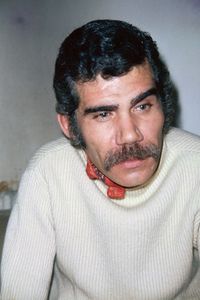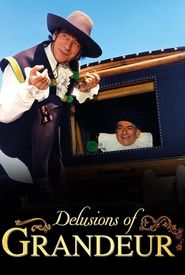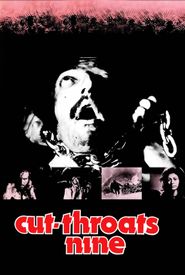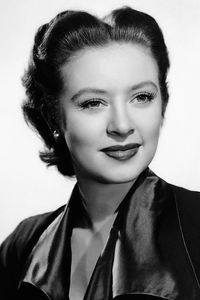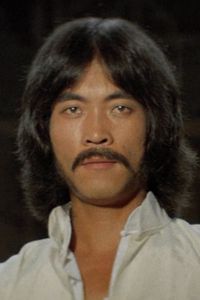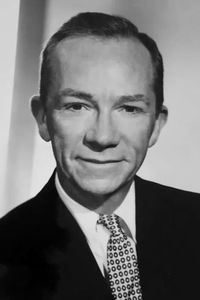Antonio Iranzo was a renowned Spanish film actor, known for his captivating performances in 77 feature films. Born on May 4, 1930, Iranzo began his artistic career in the theater, simultaneously working as a radio announcer. He later joined the Nuria Espert Company and made his film debut in 1963 with La chica del auto-stop, directed by Miguel Lluch.
Iranzo's impressive physique and distinctive hoarse voice earned him supporting roles in various films, including Mario Camus's The Legend of Mayor of Zalamea, Gonzalo Suárez's The Regent, Narciso Ibáñez Serrador's Who Can Kill a Child?, Hidden Pleasures, and The tobacconist of Vallecas. He also appeared in TV miniseries, such as Riders of the Dawn and Vicente Aranda's Libertarias.
On stage, Iranzo excelled in his interpretations of classical works from the Golden Age, featuring in productions like Adolfo Marsillach and Molière's Tartuffe, Felix Lope de Vega's The Star of Seville, Max Frisch's Andorra, Adolfo Marsillach's Flower of Holiness, Arnold Wesker and Irene Gutiérrez Caba's Chicken Soup with Oats, Martín Recuerda's The Arrecogías the Beguinage of St. Mary of Egypt, José María Rodríguez Méndez's Weddings that were famous in the Rag and Fandanga, Miguel de Cervantes's The Baths of Algiers and The Roll Lavapies, Woody Allen's Aspirin for Two, Santiago Moncada's Ears of the Wolf, Martin Recuerda's The Deceiting, Miguel Mihura's Peach in Syrup, Ibsen's Mallard, Euripides's Fedra, Shakespeare's Julius Caesar, and Alejandro Casona's The Third Word.
As a voice actor, Iranzo stood out for his deep voice, remembered for his portrayal of BA Baracus in the television series El equipo A. He won the 1966 Silver Frames Award for Best Actor of Spanish cinema for his role in the film Burnt Skin, directed by Josep Maria Forn. The film depicted the social problems of Spain during the decade, and Iranzo played the character of an Andalusian worker named Jose who falls in love with a Belgian tourist while his family struggles to reach him.
In 2014, the film Who Can Kill a Child? was showcased at the Denver Film Society's Stanley Film Festival. Throughout his illustrious career, Iranzo continued to captivate audiences with his impressive range and versatility, leaving a lasting legacy in the world of Spanish cinema.
